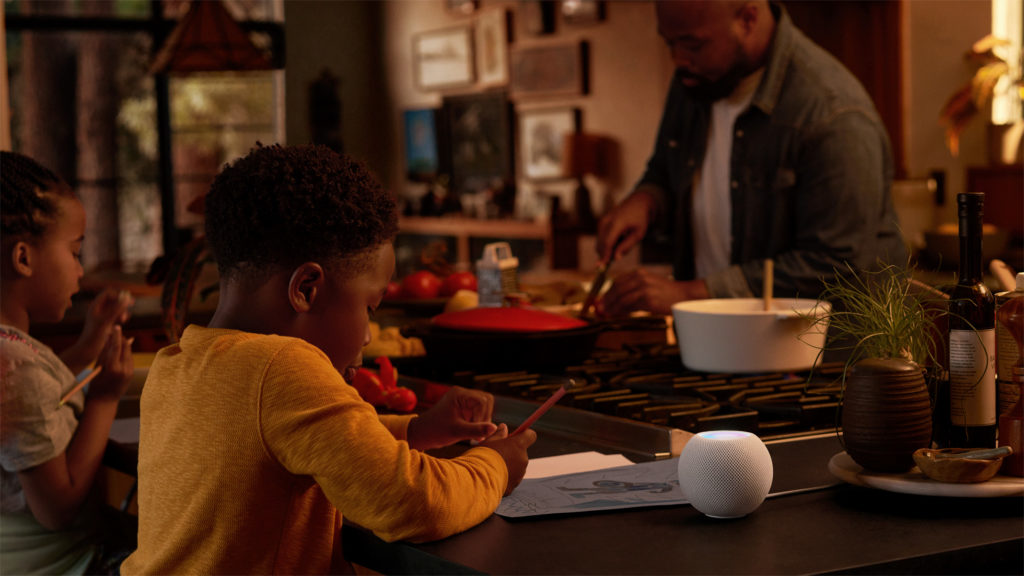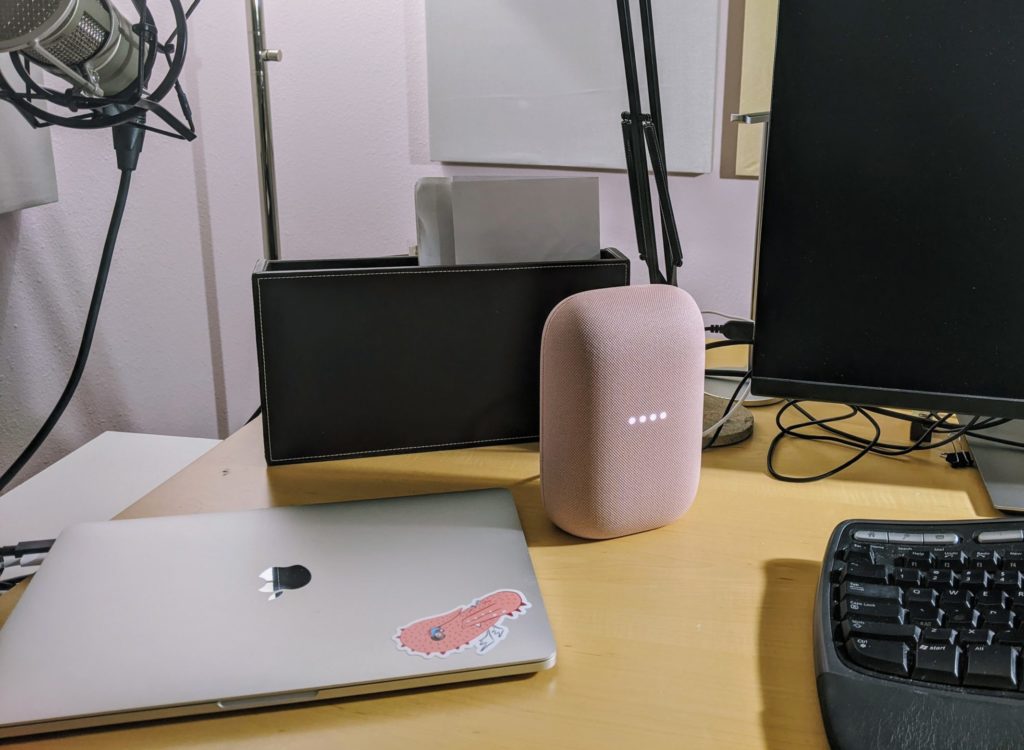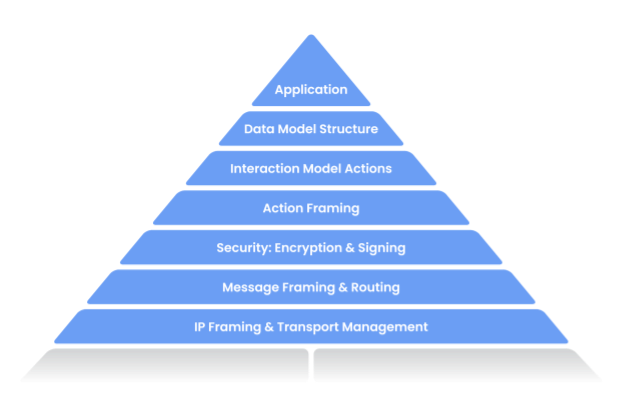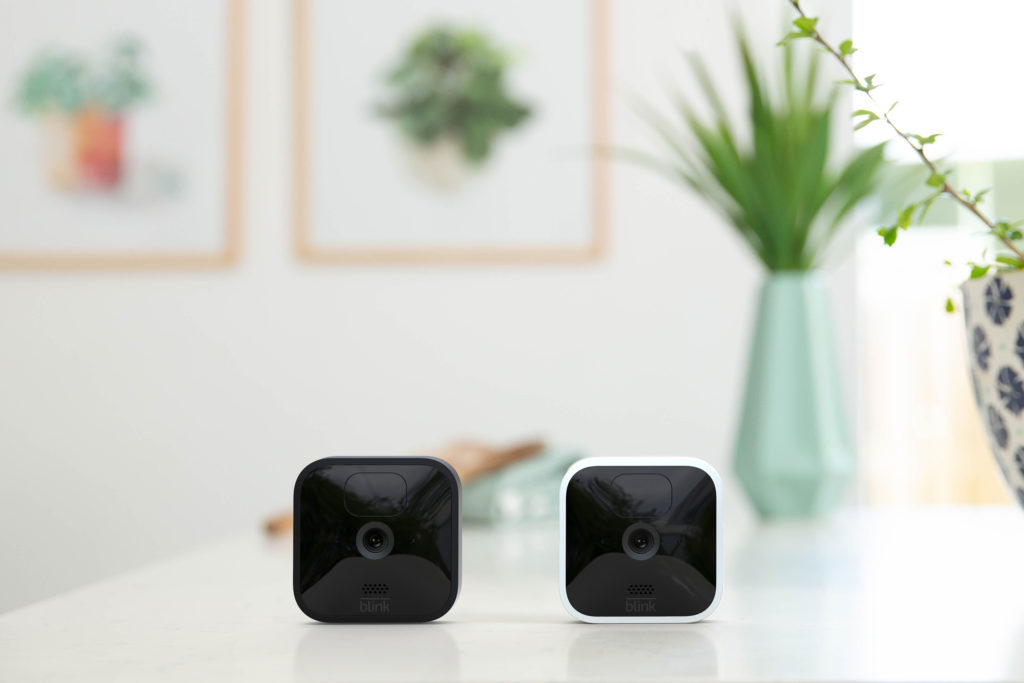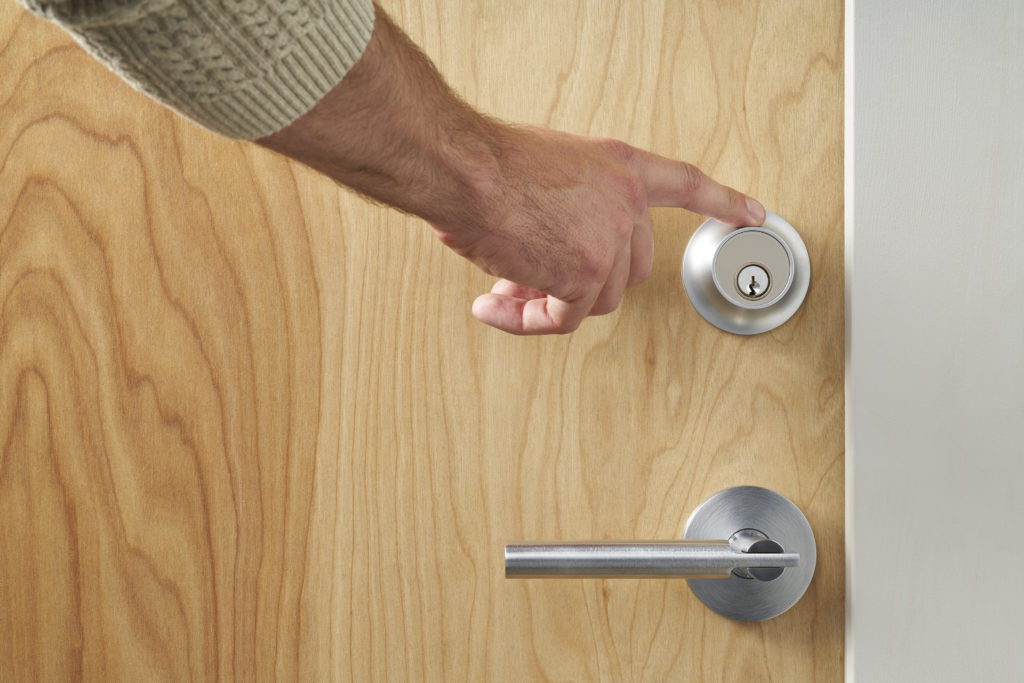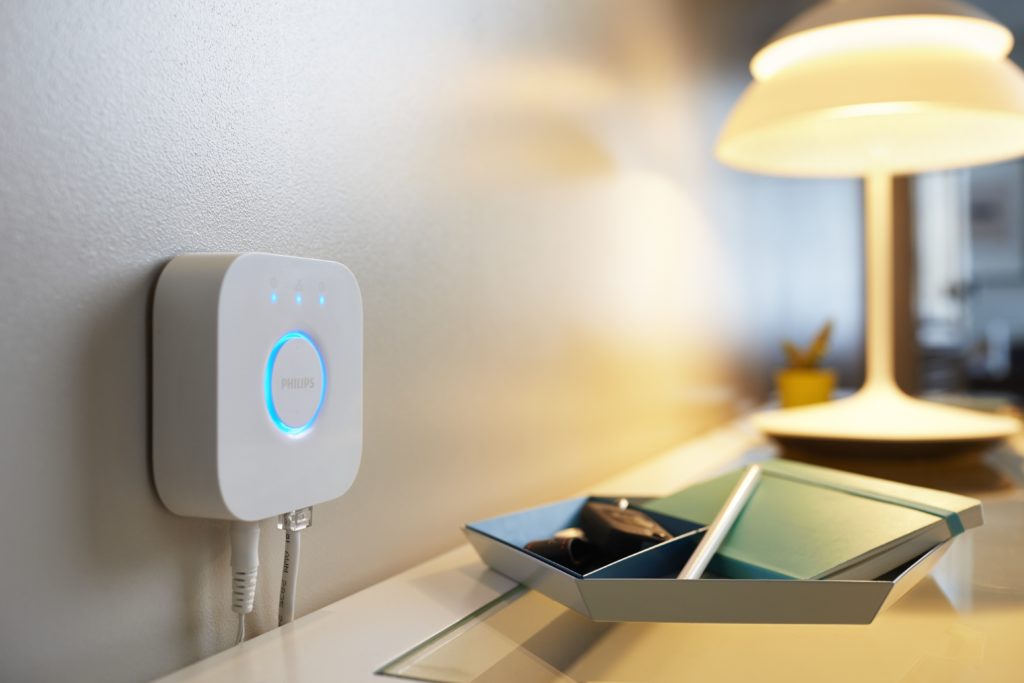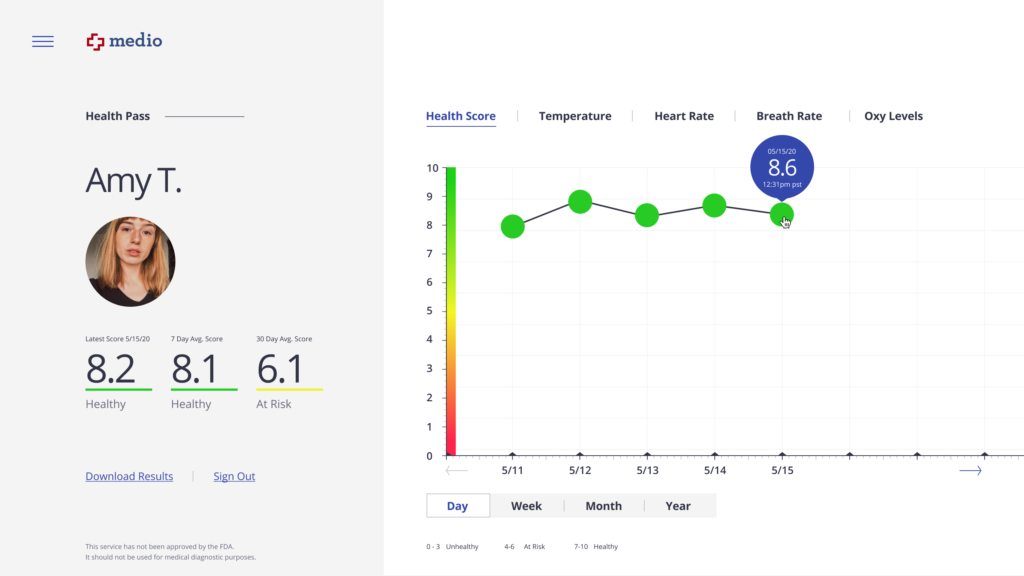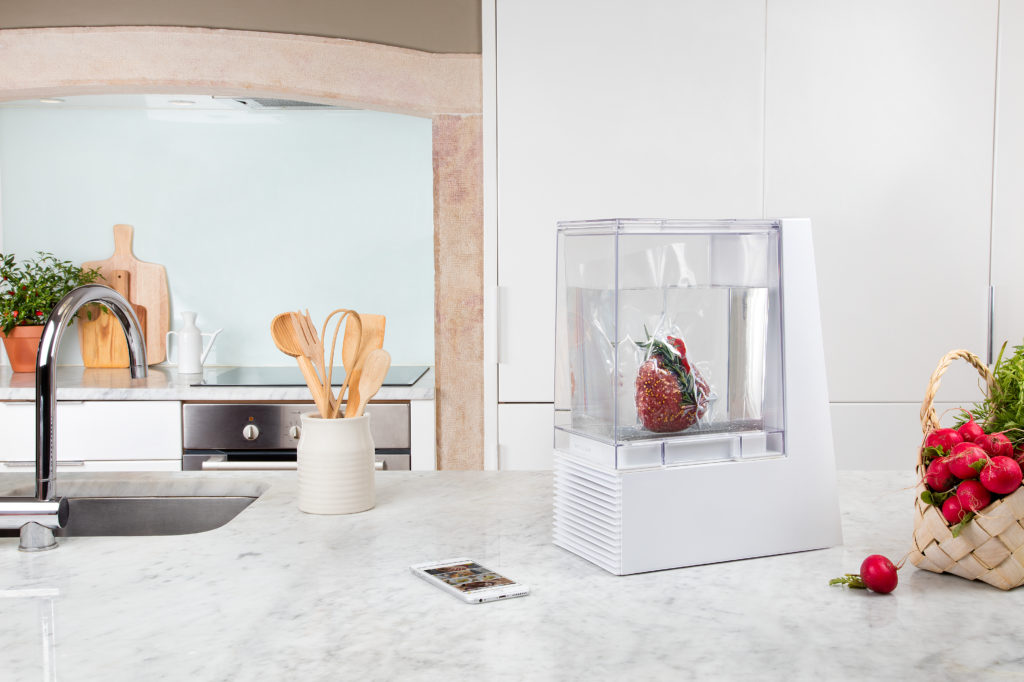This week we start and end with dying devices. First up, we talk about Google discontinuing its Nest Secure alarm system and sensors (it will still support existing systems in the field). We then talk about Nanoleaf’s new products including lights that support Thread. This week is full of smart speakers as we discuss the new Acer Halo and I offer my thoughts on Amazon’s fourth-generation Echo and the Echo Dot with clock. We also talk about the new Raspberry Pi compute module, ARM’s new edge processor, and Microsoft’s open-source project to support Kubernetes at the edge. Google adds support for multiple accounts on your display, there’s a new smart blind project coming, a recall, and we have an update on the Ring mailbox sensor. We end with a question from a reader that wants to reuse his Harman Kardon Invoke speakers after Microsoft discontinues Cortana. And now, we’ve come full circle.

Our guest this week is Manolo Arana, GM of Amazon’s Sidewalk network. He explains how the network will work for consumers and device makers. For now, you’ll need an Amazon device with a Sidewalk-compatible radio in it to connect devices to the network. We also talk about how much bandwidth Amazon wants to use on your network and which radios will support the Sidewalk protocol. For those wondering when we’ll see devices for the network and how much it will cost, he talks about that too. Enjoy.
Hosts: Stacey Higginbotham and Kevin Tofel
Guest: Manolo Arana, GM of Amazon’s Sidewalk network
Sponsors: Silicon Labs and Very
- What do we do about dying smart home stuff?
- Nanoleaf, shut up, and take my money!
- The latest Echo hits the right (bass) notes
- How Sidewalk differs from LoRaWAN and other LPWANs
- Downed internet? Sidewalk might help.
Podcast: Play in new window | Download | Embed
Subscribe: RSS

